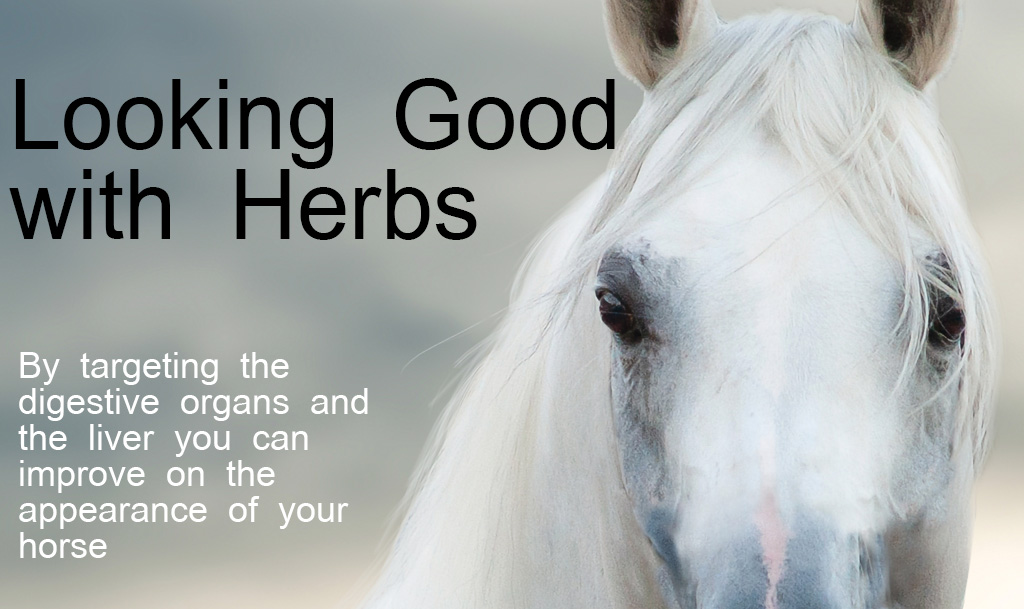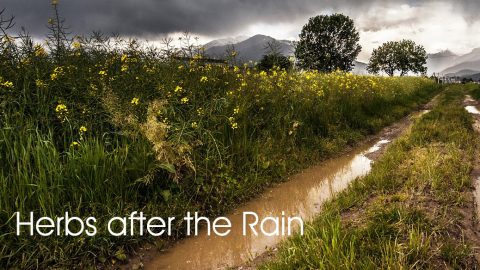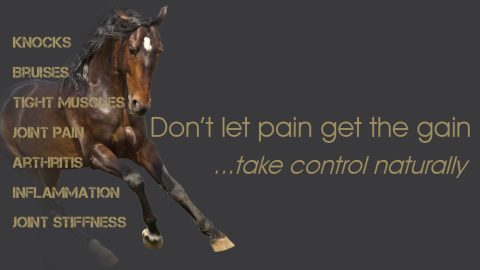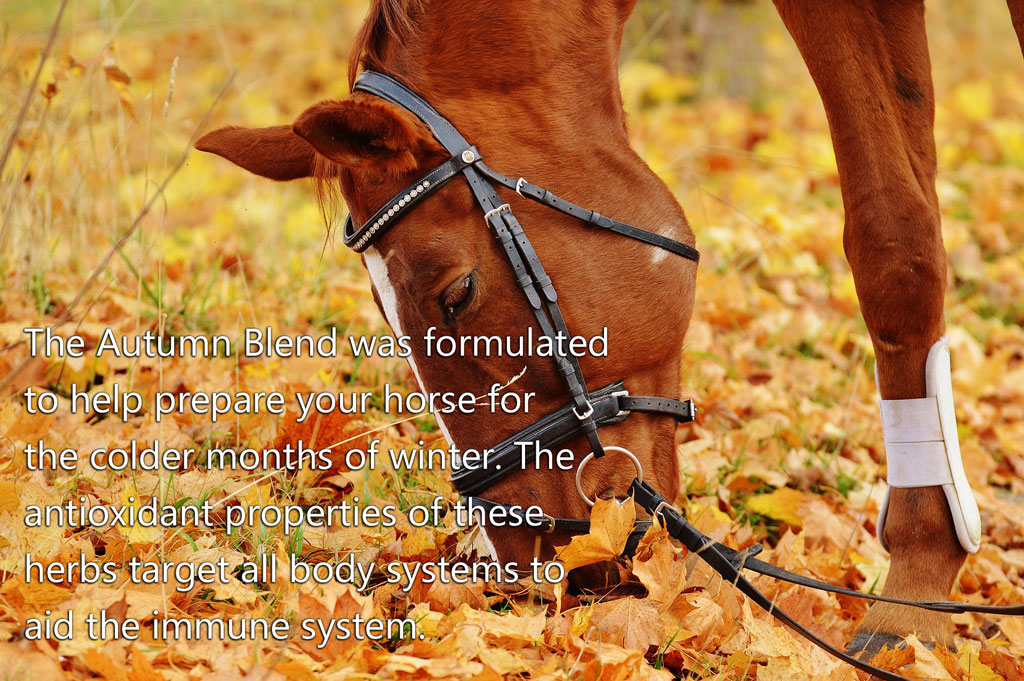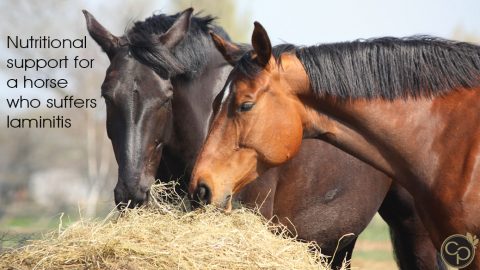For centuries herbalists have linked many conditions back to the healthy functioning of the digestive system. When addressing issues that could be linked with poor elimination such as skin inflammation or over production of mucous in the respiratory system, herbs that supported good gut health would be included in a wholistic approach.
About 100 trillion bacteria, both good and bad, live inside your horse’s digestive system. Collectively, they’re known as the gut microbiota.
Today, science has begun to look more closely at how this enormous system of organisms influences health conditions from heart disease to arthritis to cancer.
Understanding how the gut microbiota works, and how your horse may benefit, simply by keeping the gut happy can be a change in your perspective. Having the awareness that what occurs within the gut can impact on health in most other body systems is a start.
Traditional herbalists did not fall into the trap of prescribing herbs for a specific problem; to use herbs like giving a pill for an ache loses some of their potency and results can be inconsistent.
For example, when your horse presents with itchy skin, which is a common Summer complaint, a herbalist following the traditional methods of analysis will assess the whole body and will be careful to not label it as itchy skin only as this limits the traditional approach.
The skin is the largest elimination organ, so the herbalist will question what your horse is having trouble eliminating. Taking a wider look at your horse as a whole, and ask if your horse is stressed, and then what sort of stress – if fearful maybe they support the kidneys, if the horse is aggressive look at the liver, or if agitated maybe the gut.
The digestive system is such a major aspect of elimination so it is very important to look at manure. The manure can tell you so much about your horse and how healthy their digestion is. Often a whole consultation can be discussing the odour, consistency, and changes that occur when the skin is at its worst or started to itch. What could have happened before the itch flared up, sometimes a simple dietary change upset the balance between the good and bad bacteria.
When the Summer Blend was developed, various conditions that our horses tend to be prone to during Summer were considered, but primarily it came down to supporting a healthy gut.
Calendula petals are a gut cleansing herb and able to help address inflammation in the gut before it becomes an issue, and it has an anti-histaminelike action that while it settles the gut it can have a settling effect on itchy or inflamed skin.
Marshmallow root is a demulcent herb that is used in many gut health preparations to not only soothe the gut, it can have a reflex effect on moisture in the body by balancing gut secretions to assist messy ears, dry skin or coughs.
Rosehips are the tonic herb, soothing and supporting the gut which in turn supports the immune system and the vitamin C content also supports the liver’s role in digestion.
Dandelion leaf is nutritional and supports the link between digestion and a healthy kidney function.
Clivers supports the cleansing effect of calendula petals and with the other herbs assisting how the digestive system works, is one of the most nutritional herbs supplying nutrients that can be better digested with the assistance of the combined effect of the Summer Blend.
As an added dimension, remember how stress can be linked to key organs earlier, the marshmallow root supports the stomach, rosehip supports the liver, and dandelion leaf supports the kidneys, these are all organs that contribute to supporting nervous system health.
The Summer Blend provides a foundation to good gut health and then if needed there is still room to add an additional herb if needed.
If there has been a history of gas – peppermint leaf.
If there is a history of stress colic – lemon balm or chamomile.
If there itch is chronic – nettle leaf.
If stress causes stinky manure – hops.
If windsucking is affecting digestive health – white willow bark or meadowsweet.
If headshaking – wood betony.
If Summer allergies – a liver herb such as St Mary’s Thistle or burdock root.
The list is endless, and using the Summer Blend to assist the whole horse helps keep your choice of supplementary herbs to one or two if needed, but often not needed if you consider your horse as a whole organism. If you want to add more than one or two herbs to the Summer Blend you may have got caught in the trap of giving a single herb for every clinical sign and giving too many herbs meaning you have lost sight of the whole horse. This then limits effectiveness with your use of herbs and it is worth seeking advice from a traditional herbalist.
Copyright: Catherine Bird, who is also the author of a Healthy Horse the Natural Way, has been an equine natural therapist for 27 years working closely with Country Park Animal Herbs for over 13 years offering advice to their clients.
Disclaimer: The information provided in this article is for educational purpose only and is not meant to replace veterinary advice or treatment.


